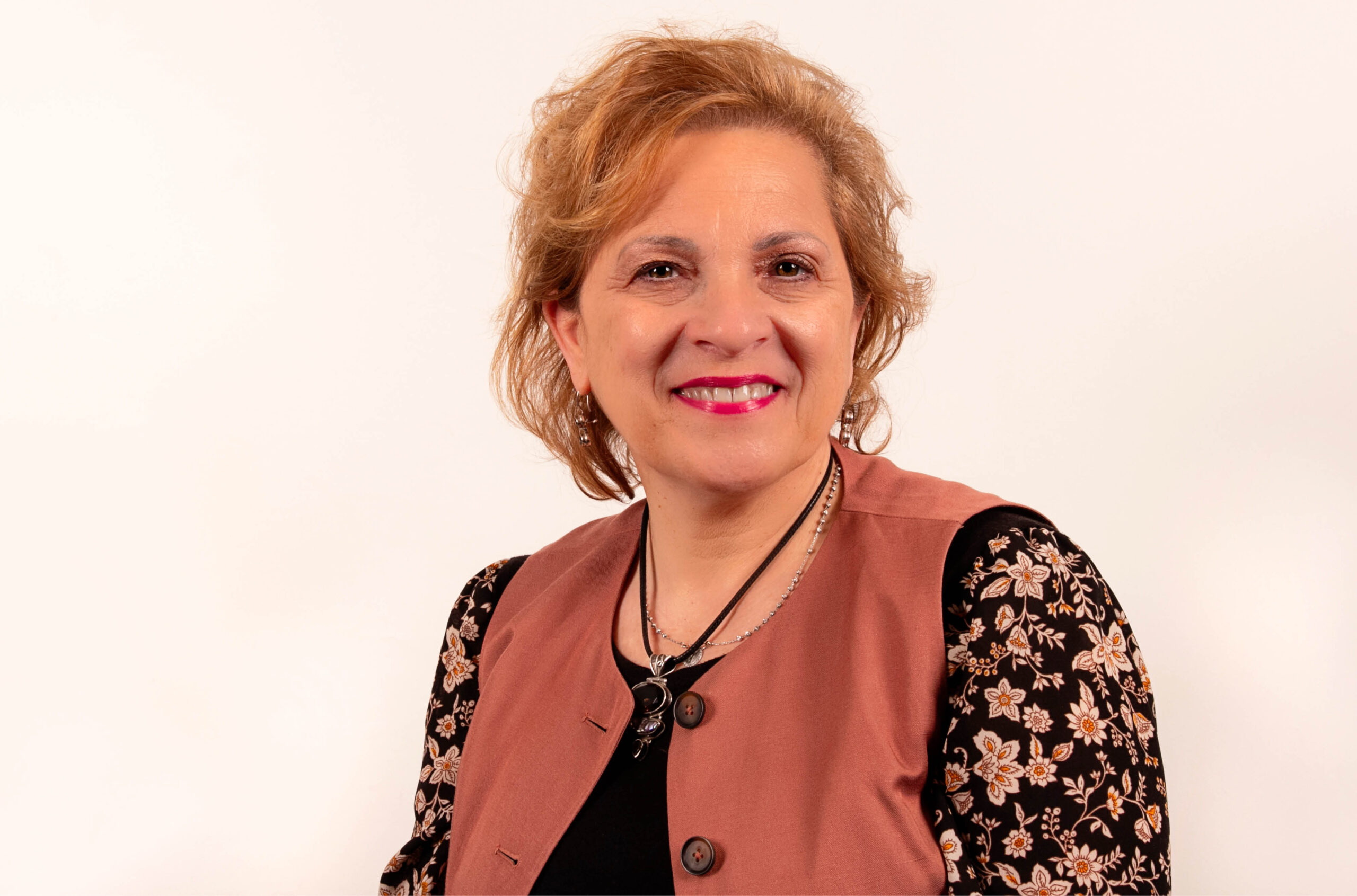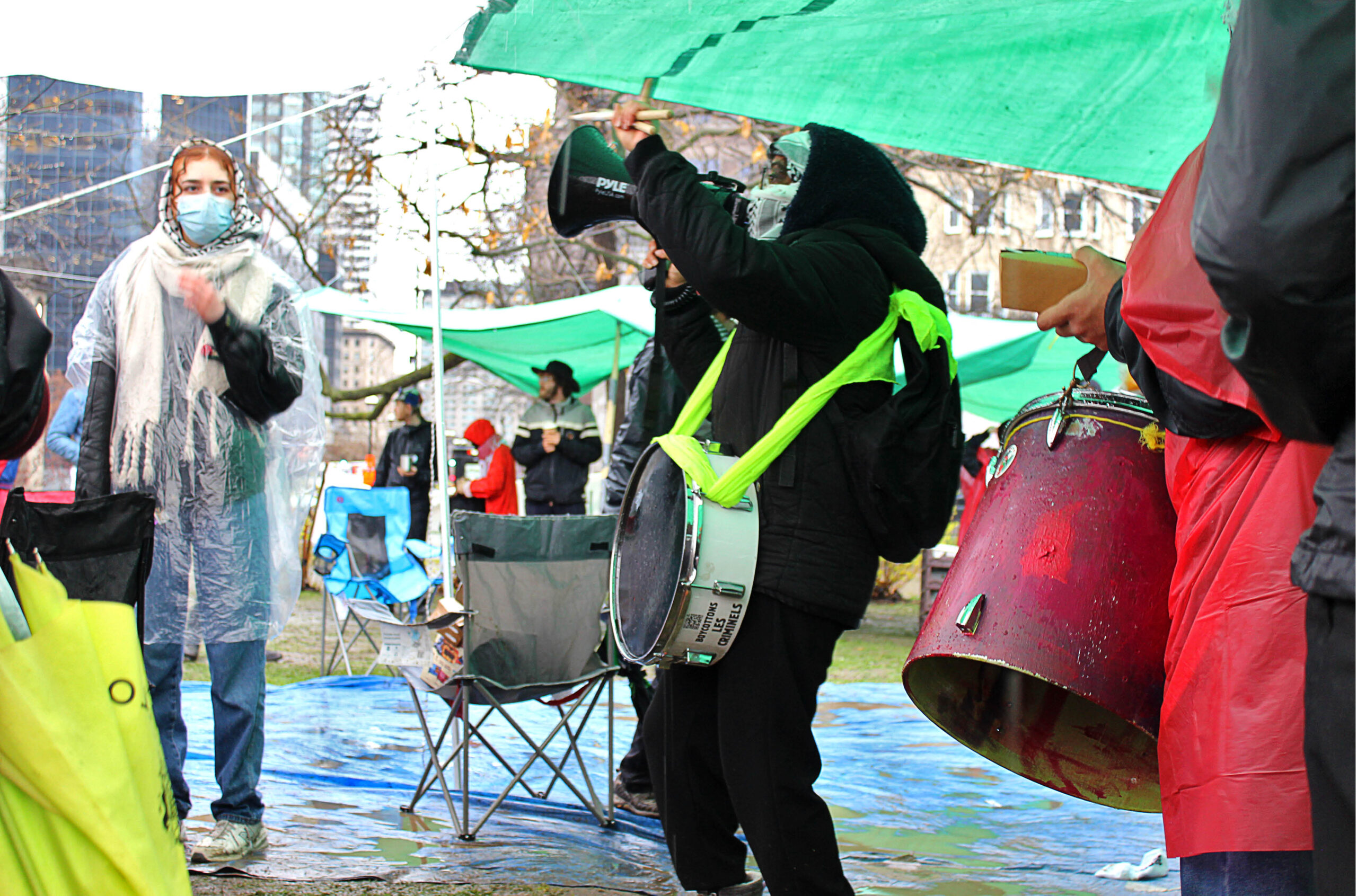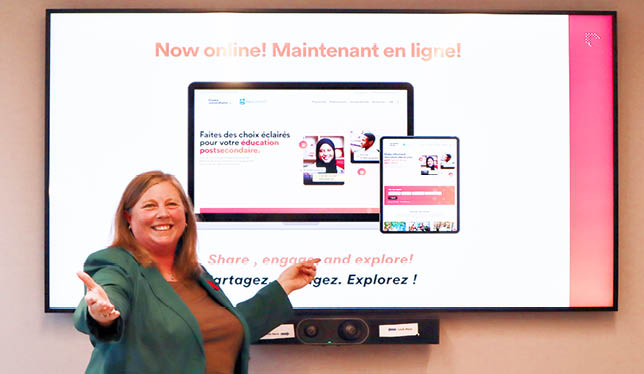Global health experts release new medical training framework to improve care for refugees and migrants
The new framework advises medical school instructors to develop a global health curriculum that emphasizes cross-cultural competencies and a patient-centred approach.

In the early 2000s, Kevin Pottie was a physician working in Canada and around the world with people displaced by conflict, famine and persecution. At times, however, Dr. Pottie worried that the burdensome amount of medical tests he and his colleagues were required to perform was undercutting the care these refugees received.
Tropical medicine guidelines “made an assumption that if the disease exists in the Congo, we should screen for it,” Dr. Pottie recalled. It meant that doctors were asking refugees for dozens of stool and blood samples at a time when they were navigating new school, health and transit systems, not to mention a new culture.
Two decades later, the researcher-clinician is on a mission to help the next generation of physicians provide thoughtful, evidence-based care to newcomers.
Dr. Pottie, who now holds the Ian McWhinney Chair of Family Medicine Studies at Western University’s Schulich School of Medicine and Dentistry, is one of the authors of a recent article that proposes medical school curriculum ditch the “more is better” approach to refugee health care for one that prioritizes socioeconomics, cross-cultural communication and patient experience.
The work is a product of the Canadian Collaboration for Immigrant and Refugee Health Network (CCIRHN), a group co-founded by Dr. Pottie and Douglas Gruner, a family physician and associate professor at the University of Ottawa who previously worked with refugees in East Timor in the 1990s. In 2005, the CCIRHN launched its first community service learning course for medical students at U of Ottawa, which paired classroom teaching with real-world experience in organizations serving migrant populations. In 2012, they developed an online global-health course, which has been accessed by individuals and institutions around the world. The group also helps to initiate community service learning programs at other institutions by providing resources for instructors as well as mentorship and online learning modules for medical students. This work inspired the article published in BMC Medical Education this May, which outlines how to align refugee-health training with existing competencies required by national and provincial agencies.
Victoire Kpadé, a family medicine resident at Queen’s University, brought the community service learning program to McGill University when she was a medical student there in 2018. Dr. Kpadé, along with her co-chair and six other students, provided workshops to refugees and newcomers on navigating the health-care system, and helped newcomers to translate and summarize their previous health history into a “health passport.”
It’s the kind of attention to cross-cultural communication that the new curriculum framework emphasizes. The training modules advise health-care professionals to have interpreters ready ahead of time so that the patient can communicate comfortably in their language, and so that the task of translating doesn’t fall to younger family members. Without translation services “people may seem like they understand, but there are aspects they may not understand,” said Dr. Kpadé. At McGill, the emphasis on native-language service meant that by the time the medical students were working in community, “they were more sensitive to the importance of truly being able to reach a person in their mother tongue,” she said.
Ammar Saad is a clinical research co-ordinator at U of Ottawa. He came to Canada in 2017 from Syria, where he was a medical student at Damascus University. He helped design the CCIRHN curriculum framework while working toward his master’s in epidemiology in U of Ottawa’s faculty of medicine. “I brought this lived experience from the journey of many newcomers and refugees that I’ve worked with throughout the years,” he said. Mr. Saad anticipates the curriculum framework will empower physicians-in-training to seek out opportunities to care for vulnerable populations.
“A lot of medical students are very keen on working with these populations … but at the same time, there’s this level of fear. This is a very vulnerable population with a lot of health and social disparities that may overwhelm the medical students,” he said. “Hopefully, this pathway will help mitigate some of these fears.”
Featured Jobs
- Veterinary Medicine - Faculty Position (Large Animal Internal Medicine) University of Saskatchewan
- Business – Lecturer or Assistant Professor, 2-year term (Strategic Management) McMaster University
- Education - (2) Assistant or Associate Professors, Teaching Scholars (Educational Leadership)Western University
- Psychology - Assistant Professor (Speech-Language Pathology)University of Victoria
- Canada Excellence Research Chair in Computational Social Science, AI, and Democracy (Associate or Full Professor)McGill University
















Post a comment
University Affairs moderates all comments according to the following guidelines. If approved, comments generally appear within one business day. We may republish particularly insightful remarks in our print edition or elsewhere.